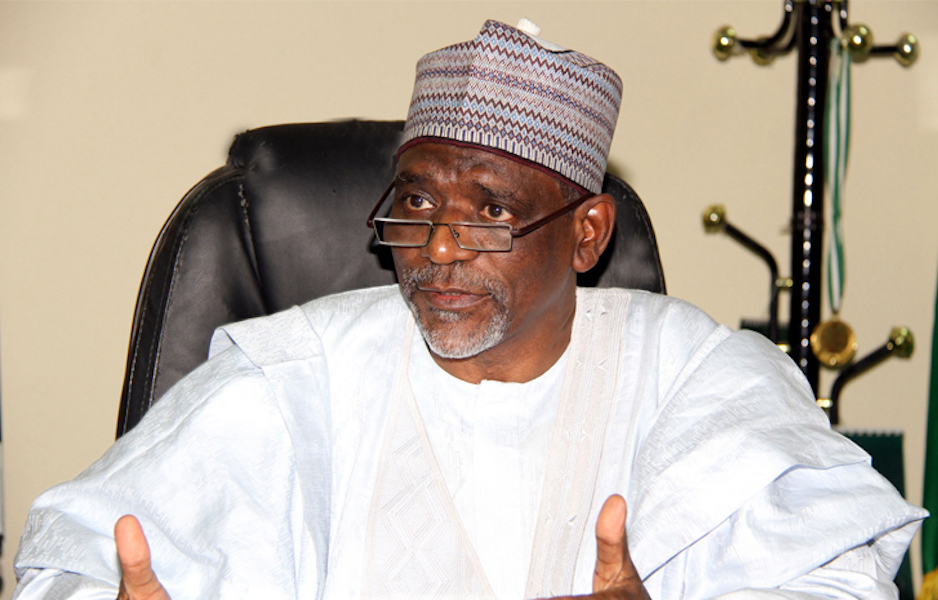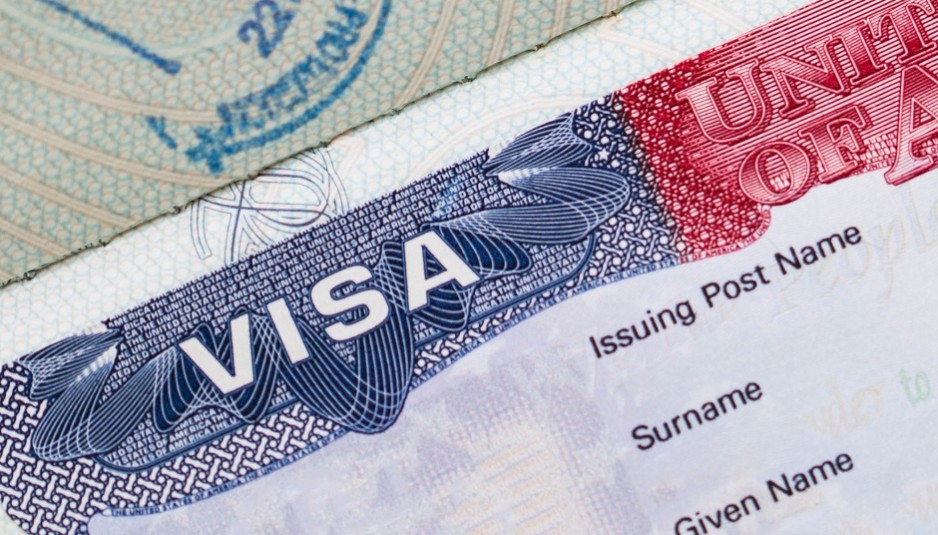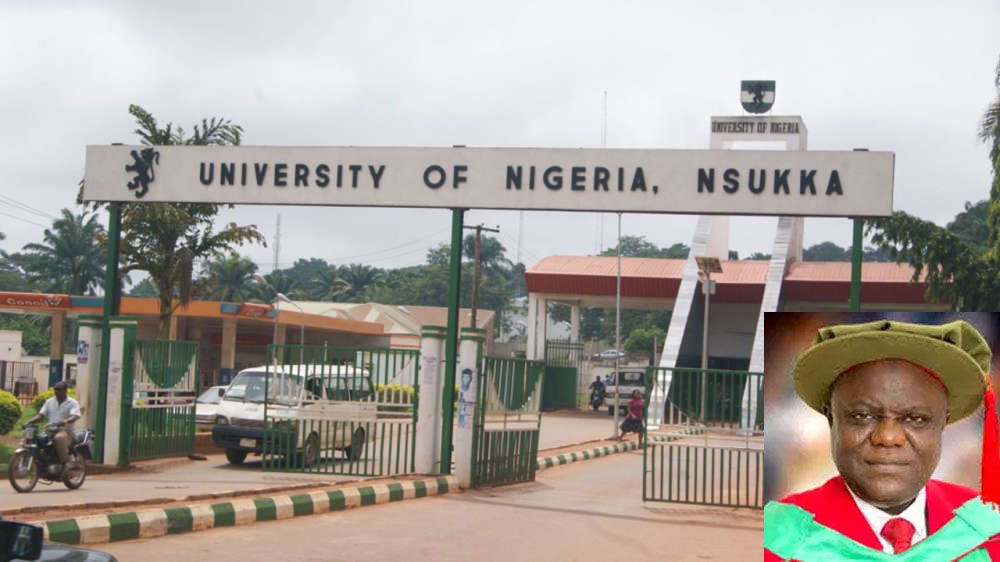“I will be firm, fair, and transparent in the discharge of my duties. UNN must not lag behind in the current technological revolution, characterised by the rivalry between OpenAI and DeepSeek,” he assured.

“The Benchmark Minimum Academic Standards has been revised to Core Curriculum and Minimum Academic Standards.
“The CCMAS, provides 70 percent of what should be taught along with the expected outcome, while the university will provide 30 per cent based on their individual contextual peculiarities and characteristics.”
The National Universities Commission yesterday unveiled a new Core Curriculum and Minimum Academic Standards (CCMAS) with 17 disciplines and 238 academic programmes to replace the Benchmark Minimum Academic Standard (BMAS) used in Nigerian universities.
The Federal Government also approved three new courses in the university system, namely Allied Health Sciences, Architecture and Communication, and Menial studies.
Speaking on the CCMAS at NUC celebration of 60 years of regulating university education in Nigeria, NUC Executive Secretary, Prof. Peter Okebukola, said the new curriculum addressed the knowledge and skill gaps as it was replacing in comparable in contents to similar curriculum in the best university system in the world and relevant to Nigeria’s social cultural context.
He said while the CCMAS provided 70 per cent of core curriculum as minimum for all Nigerian universities, it allowed universities to customize the curriculum by adding 30 percent of courses to reflect their uniqueness, missions and peculiarities.
READ ALSO:
“It places assent on 100 percent entrepreneurship, practical rather than theoretical knowledge and skills and the development of the 21st century skills in line with contemporary global best practice, a change of nomenclature has happened from BMAS to CCMAS,” he said.
He said the new curriculum was to stimulate greater learning in its delivery and strategically configured to produce future fit graduates, provide essential foundation for lifelong learning, nurture deep thinkers and problem solvers and graduates highly skilled in their professions and disciplines and encourage interdependencies of disciplines.
He said over 16,000 participants were involved in the development of the curriculum.
Vice President Yemi Osinbajo, represented by the Secretary to the Government of the Federation, Boss Mustapha, said the core curriculum had taken cognizance of the need to provide greater academic autonomy to universities with regards to development of some percentage of course contents.
He commended the commission for sharing the minimum graded units required for graduation with universities in the ratio of 70 to 30 per cent.
He said the recent industrial action by university based unions had necessitated a revisit of the issues that called for universities autonomy by government.
“This will lead to the review of university autonomy laws to appropriately address funding, including staff remuneration, institutional governance as well as issue of internally generated revenue.”
READ ALSO:
In the new curriculum, Mass Communication was unbundled to Advertising, Broadcasting, Development Communication Studies, Film and Multimedia, Information and Media Studies, Journalism and Media Studies, Mass Communication, Public Relations and Strategic Communication.
Agriculture was unbundled into programmes in its contributing components of B.Sc Agricultural Economics, B.Sc. Animal Science, B.Sc. Crop Science and B.Sc. Soil Science;
There is also the unbundling of Architecture and introduction of Architecture as a new discipline with programmes like Architecture, Landscape Architecture, Architectural Technology, Interior Architecture design Architectural Technology and Naval architecture.
There is also the split of the Basic Medical Sciences discipline into Basic Medical Sciences and Allied Health Science;
Also is the reduction of the General Studies course from 36 credit units to 12 credit units of 6 courses such as Communication in English; Nigerian People and Culture; Philosophy, Logic and Human Existence; Entrepreneurship and Innovation; Venture creation; and Peace and Conflict resolution.
Entrepreneurship has been repackaged with the introduction of programme-specific entrepreneurship;

Chicago University clarifies US visa revocation policy for international students
However, the University of Chicago has provided clarification to help ease these concerns for students on F-1 or J-1 visas.
Revocation means your visa is no longer valid and cannot be used to re-enter the U.S.

UNN appoints Prof Olayiwola Usman as first Yoruba DVC (Academics)
The University of Nigeria, Nsukka (UNN) has appointed Professor Kamoru Olayiwola Usman, a Yoruba Muslim from Oyo State, as Deputy Vice-Chancellor (Academics), marking the first time in the institution’s history that a person of Yoruba descent has held the position.
The appointment, made by the Acting Vice-Chancellor (Ag. VC), Professor Oguejiofo T. Ujam, is part of ongoing reforms aimed at fostering inclusive governance and restoring the university’s academic excellence.
In a statement issued yesterday in Abuja, the university reaffirmed its commitment to merit-based leadership and national unity.
Professor Ujam stated: “The appointment of Professor Usman reflects our resolve to prioritise competence over sectional considerations. It is imperative that we sustain this culture of inclusivity and meritocracy to move the university forward.”
In addition to Professor Usman’s appointment, the Acting VC also named Dr Mansur Adebowale Saddiq as Acting Director of the Medical Centre, further demonstrating his commitment to promoting excellence over sectional interests.
Both appointments have been widely welcomed by scholars and students from diverse backgrounds, recognising them as steps towards strengthening national unity within the institution.
READ ALSO:
Professor Usman, who succeeds Professor Urama, holds a PhD in Mathematics Education and previously served as Provost of the Federal College of Education (Special), Oyo State, from 2015 to 2023.
A distinguished academic, he is a fellow of the Mathematical Association of Nigeria and a member of several professional bodies, including the National Institute of Policy and Strategic Studies and the Nigerian Educational Research Association. His initial tenure as DVC (Academics) will last for two years, with the possibility of renewal.
Meanwhile, the statement also highlighted that during a recent University Senate meeting, Professor Ujam emphasised the collective responsibility of repositioning UNN as a centre for ethical and innovative learning.
“A collective effort is required to place the institution on a steady path towards ethical and innovative learning. UNN must regain its pride of place as Nigeria’s premier university. We must rid the system of narrow-minded sectionalism and divisive tendencies that have eroded the enabling environment for research, comparative studies, and the adaptive application of new knowledge,” the statement read.

FG to pay corps members backlog of delayed N77,000 allowance
The Federal Government has promised to pay the backlog of the new ₦77,000 monthly allowance to members of the National Youth Service Corps (NYSC).
The corps members’ allowance was increased from ₦33,000 to ₦77, 000 in September 2024.
However, the new rate has yet to be implemented.
Minister of Youth Development, Ayodele Olawande, on Monday said serving corps members and those in the scheme when the increment was announced in September 2024 would receive a backdated payment.
He gave the assurance when he was featured on Channels Television’s Politics Today.
He said, “You saw the new DG saying that you will get it, and they’re asking him a question ‘What about those that are going out now, are they going to receive it [backlog]?’ He said ‘We have your details’,” the minister said.
“The backlog, we will work on it and make sure it is paid. It may not be immediate but it will happen.”


Breaking: Tinubu sacks Kyari, appoints Ojulari as new NNPCL GCEO


Man jailed 3 months for non-declaration of $30,000 at airport


Trump slams Nigeria with high tariff in shocking trade crackdown


Updated: Notorious bandit leader Bello Turji goes berserk, kills 12 for Eid


Edo Gov Okpebholo wins round one as tribunal upholds his election


Police hunt for last suspect in LASU graduate killing


South African court acquits Nigerian pastor of rape after 8 years in jail


Fraud rocks FIRS, court orders final forfeiture of Abuja, Kano houses linked to official